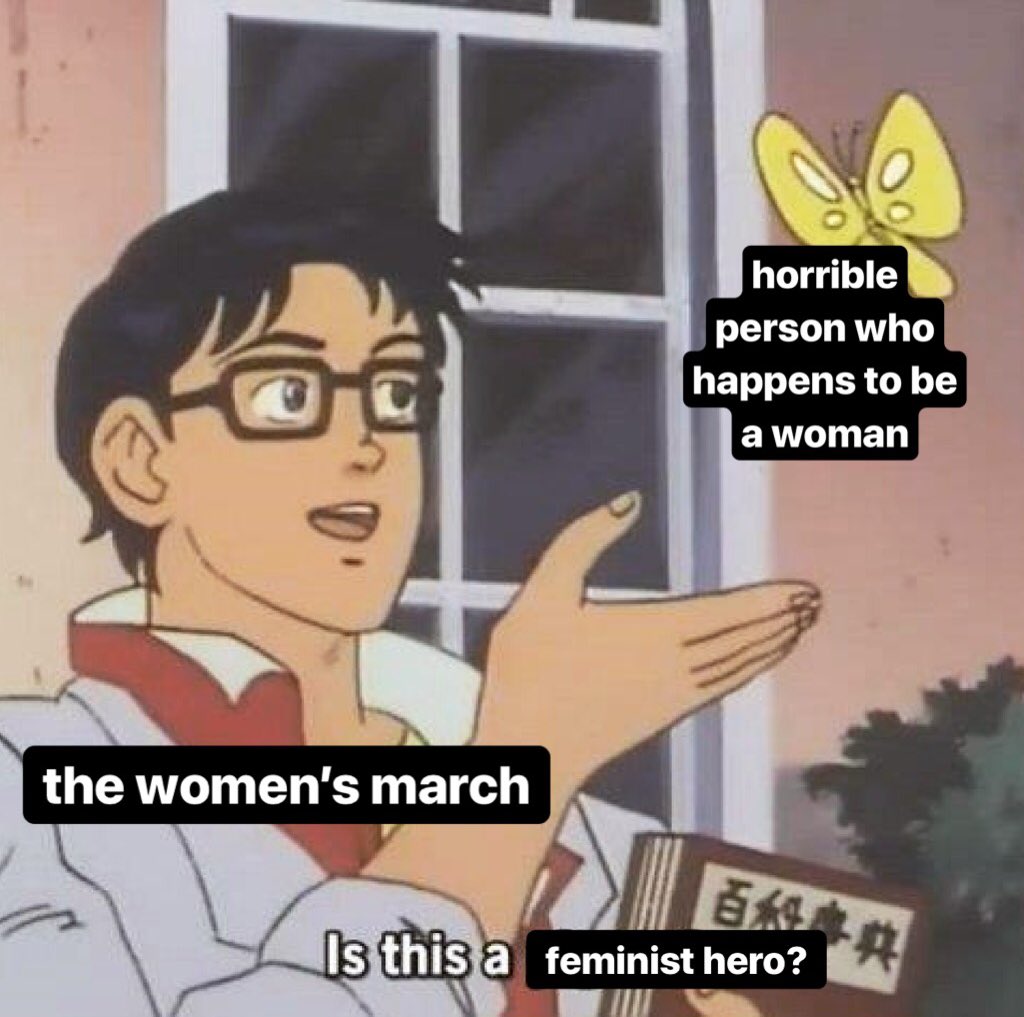

Many Conservatives were very critical of their leader and to almost everyone's surprise in February 1975 MT was voted by Conservative MPs to replace him.

There was another election in October 1974 and they lost that one too. Had the U turn been a mistake? MT thought it had been, and later made a famous speech when she said "You turn if you want to. 1959-1970: new girl in parliamentĬradling the calf: 1979 General Election campaign.Īfter the election the Conservatives argued about what had gone wrong. But after years of trying she was chosen to be the Conservative candidate for Finchley, in north London, and finally became an MP in October 1959. She tried to find other places where she could stand for Parliament but it was difficult, partly because lots of Conservatives felt that women with young children should not have careers. She was always very determined and managed the hard work even though she had small children. He was always cracking jokes.Īfter MT got married she decided to train as a lawyer, something which she had planned to do for some years. Denis was at a cricket match when they were born and when he first saw the babies said they looked like rabbits without fur on. In those days fathers weren't usually present at the birth of their children. They were a very close couple and he gave her tremendous help and support in everything she did. He was older than her and had fought in the war. It was in Dartford that she met and married Denis Thatcher, so becoming "Margaret Thatcher" (let's just call her MT for short).

She hugely enjoyed fighting the elections. The photo to the left shows how she looked at this time. But she was the youngest woman candidate in the country, and very pretty, so her picture was in lots of newspapers. She didn't come close to winning, because most voters in Dartford supported the Labour Party. 1947-1959: Candidate for parliament & getting marriedĪfter university she got her first job as a chemist and tried to become the Member of Parliament (or MP) for a town called Dartford in Kent, on the edge of London. It was only a small election, but some famous politicians came to speak to her club and she made some useful friends who helped her later. She first helped at an election when she was 10, the age she was in the picture just above.Īt university she won her first election, becoming president of the student Conservative Association. She enjoyed listening to him talk about how things worked, and he knew a lot, so that was one reason she was became a politician. Her father - she called him "Pa" - was very interested in what was happening in the world and helped to run the local council. Her teacher at Oxford was a famous chemist who later won a Nobel Prize for her work.īut what she really wanted to do was to go into politics. She went to state schools - even when she was very small she had to walk several miles there and back each day (except when there was a radio to run for) - and worked hard, winning a place at Oxford University when she was 18 to study chemistry, a subject she loved. The whole family would listen most evenings to favourite programmes, like quizzes, comedies and news. She was very excited the day the family got its first radio and ran all the way home from school. Most came from America and she watched as many as she could. But there were cinemas! She loved films, which were a new thing when she was a child. And of course there were no computers and no internet.
#Margaret thatcher girl power tv#
There was no television when she was small (the very first tv programmes were shown in Britain when she was 14, but she didn't see them). But people helped each other and they were very proud of their town and their country. So she grew up at a time when terrible things were happening in the world and life was much harder than it is today. They went to services together twice every Sunday. The Roberts family was luckier than most and did baking for people who were unwell or didn't have enough to eat, which people from their church took round. The Second World War broke out in 1939 when she was 14 and lasted till 1945 when she was 20.Īlso during her childhood lots of people had no jobs and had very little money. As she grew older people began to be worried there would be another war. There were fewer children than usual because so many men had been away fighting, and some of them were killed. When she was born the town was still recovering from the Great War of 1914-18. She had an older sister called Muriel, but no brothers or other close family. Her parents, Alf and Beatrice Roberts, ran a grocery and she lived over the shop, sometimes helping behind the counter. She was born "Margaret Hilda Roberts" in Grantham, a small town in eastern England, on 13 October 1925. Margaret Thatcher at a friend's house, summer 1935.


 0 kommentar(er)
0 kommentar(er)
